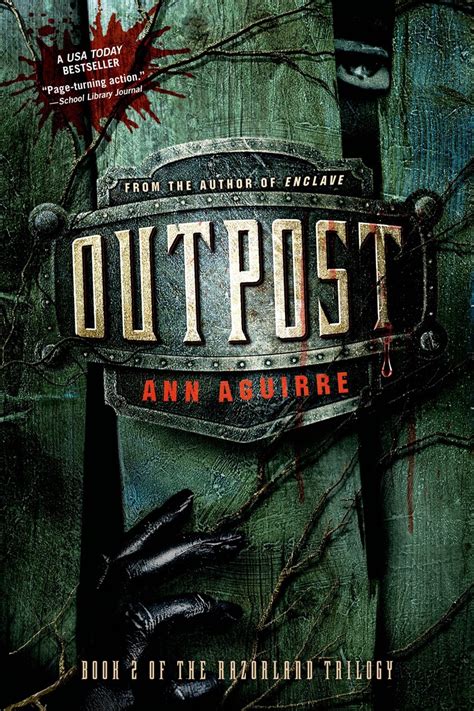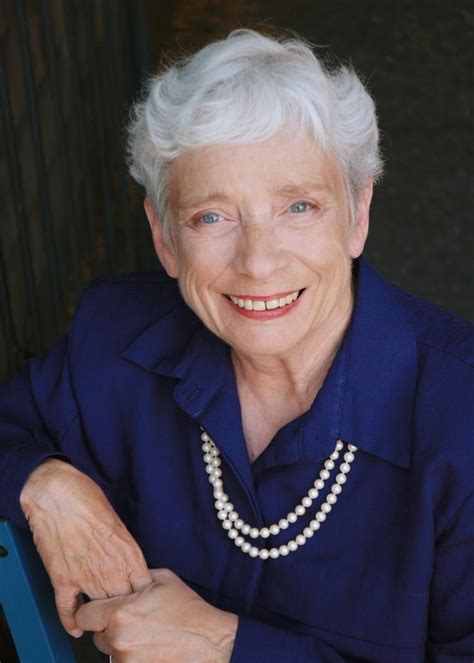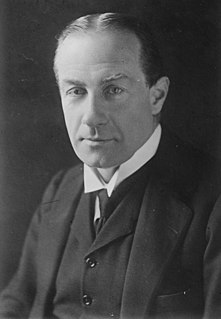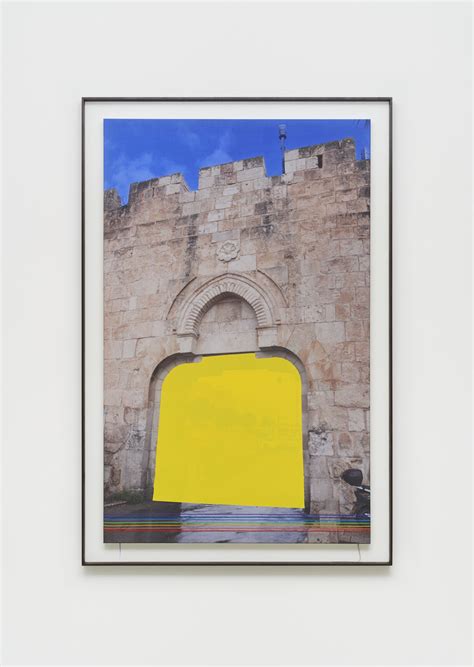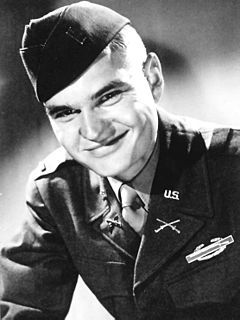A Quote by George Santayana
Related Quotes
Now that I've seen what war is, what civil war is, I know that everybody, if one day it should end, ought to ask himself: "And what shall we make of the fallen? Why are they dead?" I wouldn't know what to say. Not now, at any rate. Nor does it seem to me that the others know. Perhaps only dead know, and only for them is the war really over.
I have seen war. I have seen war on land and sea. I have seen blood running from the wounded. I have seen men coughing out their gassed lungs. I have seen the dead in the mud. I have seen cities destroyed. I have seen 200 limping, exhausted men come out of line—the survivors of a regiment of 1,000 that went forward 48 hours before. I have seen children starving. I have seen the agony of mothers and wives. I hate war.
This does not mean that you are warmongers. On the contrary, the soldier above all other people prays for peace, for he must suffer and bear the deepest wounds and scars of war. But always in our ears ring the ominous words of Plato, that wisest of all philosophers: "Only the dead have seen the end of war.
But what are a hundred million deaths? When one has served in a war, one hardly knows what a dead man is, after a while. And since a dead man has no substance unless one has actually seen him dead, a hundred million corpses broadcast through history are no more than a puff of smoke in the imagination.
I, too, have felt that the war goes on and on. When my son, Ian, died at El Alamein-- side by side with... visitors offering their condolences, thinking to comfort me, said, "Life goes on." What nonsense, I thought, of course it doesn't. It's death that goes on; Ian is dead now and will be dead tomorrow and nexe year and forever. There's no end to that. But perhaps there will be an end to the sorrow of it.
A couple years ago, I felt like I was in a dead end, and I kept asking myself, "How do you get out of a dead end?" People would say the answer is, "You just turn around." But that was not the answer that I was going to accept. I realized, for me, that getting out of a dead end was literally the world turning upside down, and I had to fall out of the dead end. So you have to surrender, so I've really learned how to surrender, practice unconditional love. With my art, I've always put out things I love.







